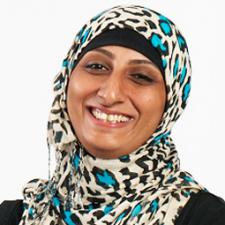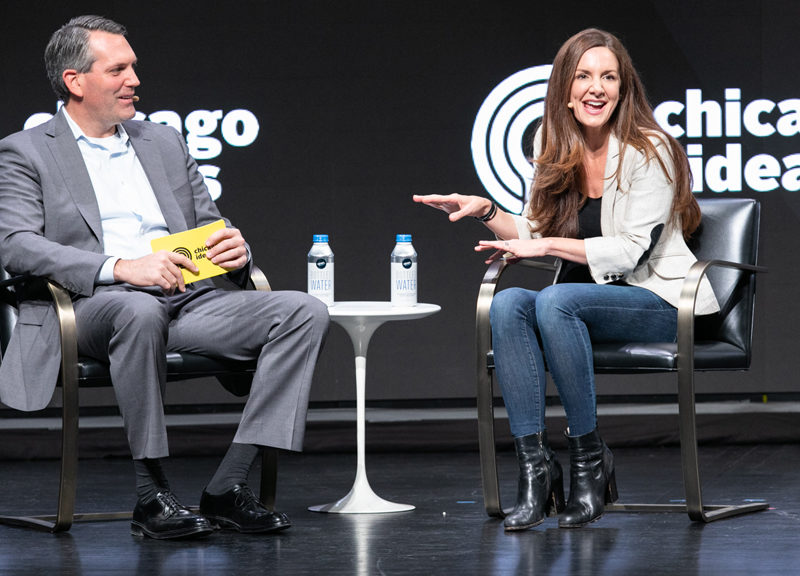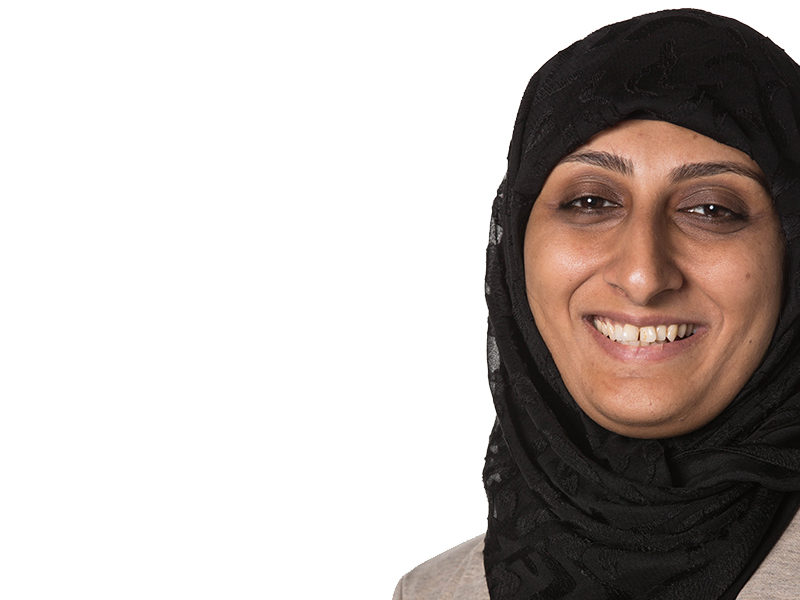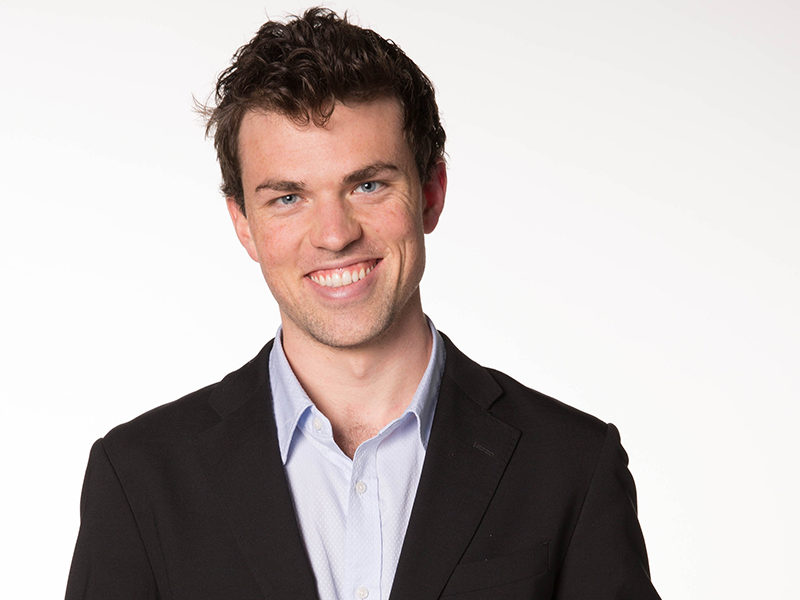
Introducing the 2014 BHSI Fellows: AYZH’s Zubaida Bai
2014 BHSI Fellow Zubaida Bai realized firsthand the importance of maternal health when she contracted an infection giving birth to her own son in a well-equipped hospital in India. Recognizing that her experience was not uncommon—especially for impoverished women—she and her husband started AYZH, an organization that provides easy-to-use, sterile birth kits to hospitals in developing nations. In a recent conversation, Bai discussed the importance of maternal health, the health kits AYZH plans to debut in the coming year and how one kit can impact the quality of life of an entire family.
What was the inspiration for starting AYZH?
I think the inspiration for starting AYZH was basically that my husband and I had seen a lot of women struggle and not have independence. So we really wanted to do something where we joined hands and worked toward women’s livelihood, and see how that grew.
That was basically the inspiration: our own mothers and other women in our lives. We really wanted to do something for them.
The roots of AYZH, then, are in your experiences growing up in India, as well as the experiences of many of the women you saw around you. Did the inspiration for the way AYZH addresses these problems—kits for births and other health needs—come from your education as an engineer?
I specialize in product development and design, so it definitely comes from there. But it also comes from a personal experience. I wanted to develop products and work with women. I ended up meeting a woman in India, who had used a sickle for delivering a baby—a grass-cutting sickle. I think that was the aha moment. I could relate to an infection I had [after the birth of my son] in one of the best hospitals in India, and I thought, if I got all the care and still got an infection, would there be a possibility of a woman getting an infection with this [and remaining healthy].
That ended up with this whole new discovery of maternal health. I wanted to work in the women’s health space, but fell into the maternal health space by accident.
You have a clean birth, JANMA, that provides simple tools that “ensure sanitation and sterility at the time of childbirth.” What other kits are you planning on introducing?
We are launching our newborn kit the last quarter of this year. We are working toward a concept of a post-partum hemorrhage kit, which is a condition [in which] a woman can bleed to death if it’s not identified early.
What types of responses have you gotten from the women and organizations who have used these kits?
I think that everybody definitely thinks that our kits have played a crucial component in them being able to follow [safe procedures]. Our kits follow the six screens that the WHO recommends. So they have been able to follow the six screens because we provide everything in the packet at the right place at the right time. We also provide education around that. It makes sense for them to like the product because it’s all there.
The way we measure impact is we say, every kit sold is two lives improved. So if we’ve sold about 60,000 kits, then are impact is directly 120,000. But we say, it’s not only the mother and the baby, it’s the entire family. So if we want to do an indirect impact, we multiply that number by 4, assuming there’s a husband and another child.
What do you hope to gain from your experience as a BHSI Fellow?
I would hope to get a lot of mentors to look into the next stage of business. I’m definitely looking for people to help transition…. We’ve done all we can do as a small team, and now it’s time for us to grow. [We want] to lay a strong foundation…so meeting and learning from people who built things from the ground up.
Q&As are edited for clarity and length.
I would hope to get a lot of mentors to look into the next stage of business. I’m definitely looking for people to help transition…. We’ve done all we can do as a small team, and now it’s time for us to grow. [We want] to lay a strong foundation…so meeting and learning from people who built things from the ground up.
Q&As are edited for clarity and length.





